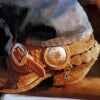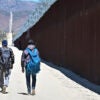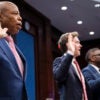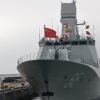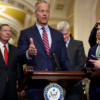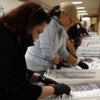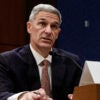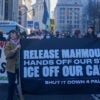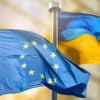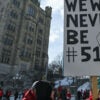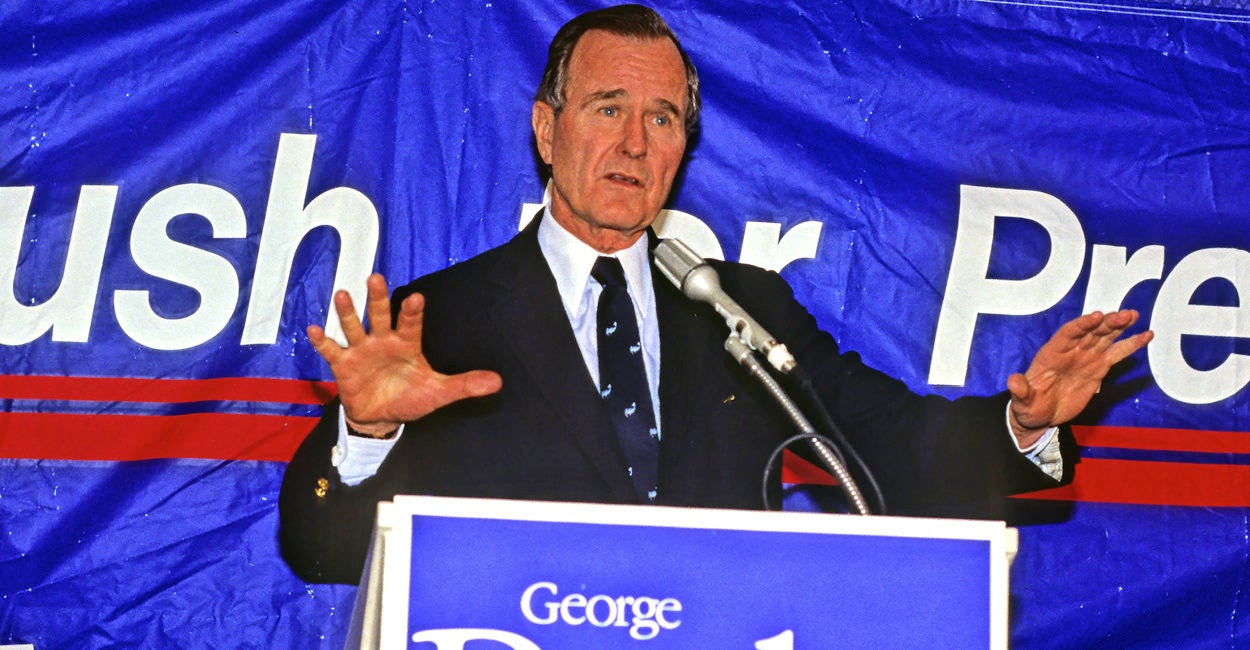President George H.W. Bush’s lasting legacy won’t be that of a transformational reformer or an ideologue, but rather a skillful manager of a world under extraordinary change, say biographers and experts looking at his presidency.
“He didn’t change the presidency at all. To do so would be contrary to who he is,” said Jeffrey Engel, director of the Center for Presidential History at Southern Methodist University and author of “When the World Seemed New: George H.W. Bush and the End of the Cold War.”
“Throughout his career, in the CIA or Congress, he was not an innovator but a very competent implementor,” Engel told The Daily Signal. “He wanted to uphold the dignity, integrity, and power of the office for the next president. He felt the presidency, like public service, had to endure beyond him.”
The Daily Signal depends on the support of readers like you. Donate now
Bush presided over triumphs for Western values such as the end of the Cold War, the collapse of the Soviet Union, and the fall of the Berlin Wall. He led the country, and a coalition of allies, to victory in Operation Desert Storm in 1991, the first war in Iraq.
But, after winning a landslide victory in the 1988 election by running a conservative campaign, Bush disappointed many voters, chiefly by breaking his “no new taxes” pledge, a chief slogan of his campaign.
Bush was willing to take politically unpopular actions, Engel said, and he faced consequences in his 1992 election loss to Bill Clinton. Another factor in Bush’s failed re-election bid, Engel said, was that skillful management of the unpredictable world he inherited.
“This is a category with an asterix, but he is the most accomplished and most successful one-term president,” Engel said of the 41st president, adding:
He was a one-term president in part because of his successes. The Gulf War had wrapped up early enough that it didn’t impact re-election. He managed things well enough that by 1992, people thought that foreign affairs were not important.
The elder Bush also “looked the part” of president in a way that his four successors—including his son, George W. Bush—did not, Engel said.
He was a Navy veteran of World War II as well as a former director of the Central Intelligence Agency, member of Congress, envoy to China, ambassador to the United Nations, and chairman of the Republican National Committee. So no one questioned his experience, Engel said, and he didn’t prompt polarization along a cultural divide.
“Bush was recognized as the establishment and respectable, even for people who didn’t like him,” Engel said. “Every subsequent president was despised by some in part because they all were outside what many Americans conceived of or imagined as presidential.”
Although history credits Ronald Reagan for winning the Cold War—reaching a historic arms reduction agreement with the Soviet Union before the regime collapsed as Reagan built up the U.S. military—experts note that Bush, who served as Reagan’s vice president, deserves much credit for presiding over the uncertain aftermath.
“Ronald Reagan had better foreign policy and leadership, but no White House managed foreign policy as professionally as the Bush White House,” James Carafano, vice president for national security and foreign policy at The Heritage Foundation, told The Daily Signal.
“As a war leader, he was Lincolnesque,” Carafano, a 25-year Army veteran, added of Bush.
“He was entering an unprecedented shift in global politics,” Carafano said, referring to the end of the Cold War. “Just as people were critical of Harry Truman’s handling of the beginning of the Cold War, some were critical of Bush for his handling of the end. Both faced utterly new and different world with unprecedented changes politically.”
Bush may have been the right person for a time in need of a leader to building international coalitions, said Michael Cairo, a political science professor at Transylvania University and author of “The Gulf: The Bush Presidencies and the Middle East.”
“A major civil conflict could have erupted and drawn the West in,” Cairo told The Daily Signal. “There was no guarantee of the relatively peaceful end to the cold war that occurred.”
He continued:
Bush worked tirelessly to prevent major conflict and assured the most peaceful demise of the Soviet Union as possible. He understood the importance of diplomacy and personal negotiation, using his contacts throughout the world to help ease the changes that were taking place. Declaring victory in a war, whether it’s cold or hot, is easy; the tough part is dealing with the aftermath. As the Soviet Union broke apart, Bush had to calm fears of both enemies and allies that a stable world could emerge from the aftermath.
Coalition building, Cairo said, was key to Bush’s top military victory.
“President Bush understood that America first doesn’t have to mean America alone,” Cairo said. “When Iraq invaded Kuwait, he did not take unilateral action but worked to strengthen American leadership at the United Nations and around the world. He worked with allies and enemies to build a coalition against Iraq in order to evict Iraq from Kuwait. … His diplomatic leadership as the Cold War came to an end will be his most significant legacy.”
While recognizing Bush as a patriot, pioneering conservative activist and author Richard Viguerie accused him in a column Monday of “breaking the Reagan coalition and undoing many of Ronald Reagan’s hard-won victories.”
“In 1988 George H.W. Bush ran what was arguably one of the most conservative campaigns for president of the modern era,” Viguerie, now chairman of FedUp PAC and the website ConservativeHQ, wrote.
“From the Second Amendment to American exceptionalism to the right to life that Bush had once opposed by backing Roe v. Wade and abortion on demand,” he wrote, “George H.W. Bush hit all the notes conservatives were hoping to hear from the Republican presidential candidate and emphasized the social issues establishment Republicans always do their best to avoid.”
However, Viguerie notes, Bush went on to impose regulations by signing the Americans with Disabilities Act and the Clean Air Act, and to temporarily ban semiautomatic rifles.
In 1991, Bush nominated Clarence Thomas to the Supreme Court, and he has proved to be a consistent constitutional conservative ever since.
However, Bush’s 1990 appointment to the high court was David Souter, who went on to vote consistently with the liberal wing of the court and became a sore point with conservatives. Souter retired in 2009.
“And in what was perhaps his most lasting and damaging betrayal of conservatives, he appointed an obscure state judge, David Souter of New Hampshire, to the Supreme Court,” Viguerie wrote of that decision.
Bush was a pragmatic leader, Cairo noted.
“The ADA is certainly one of the most important legacies for President Bush. He understood that government is not the enemy, but could be used to promote the public good and help all Americans,” Cairo said.
“And despite critics who opposed the omnibus budget bill that raised taxes, it’s important to remember that the decision to reverse his pledge on taxes helped open the door to significant deficit reduction in the Clinton administration.”
A funeral service will be held Wednesday morning at Washington National Cathedral. Son George W. Bush will deliver a eulogy, as will former Canadian Prime Minister Brian Mulroney, former Sen. Alan Simpson, and presidential historian Jon Meacham, Fox News reported.
The body of the 41st president will be flown back to Houston to lie in repose at St. Martin’s Episcopal Church before another funeral service there Thursday, followed by burial at the George Bush Presidential Library at Texas A&M University.




